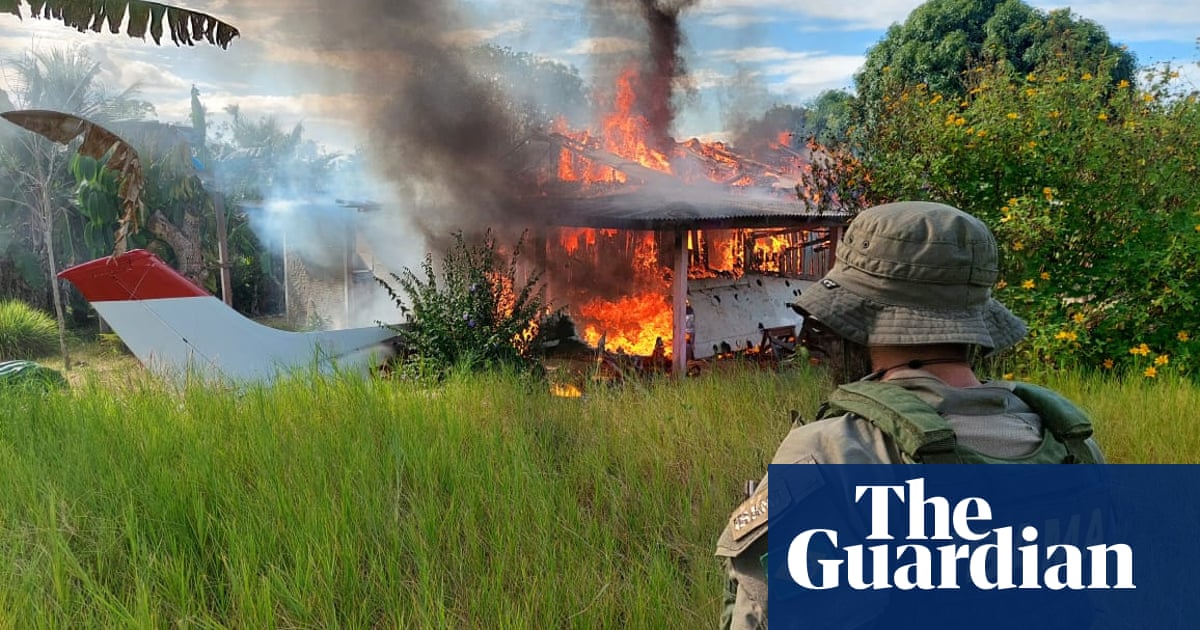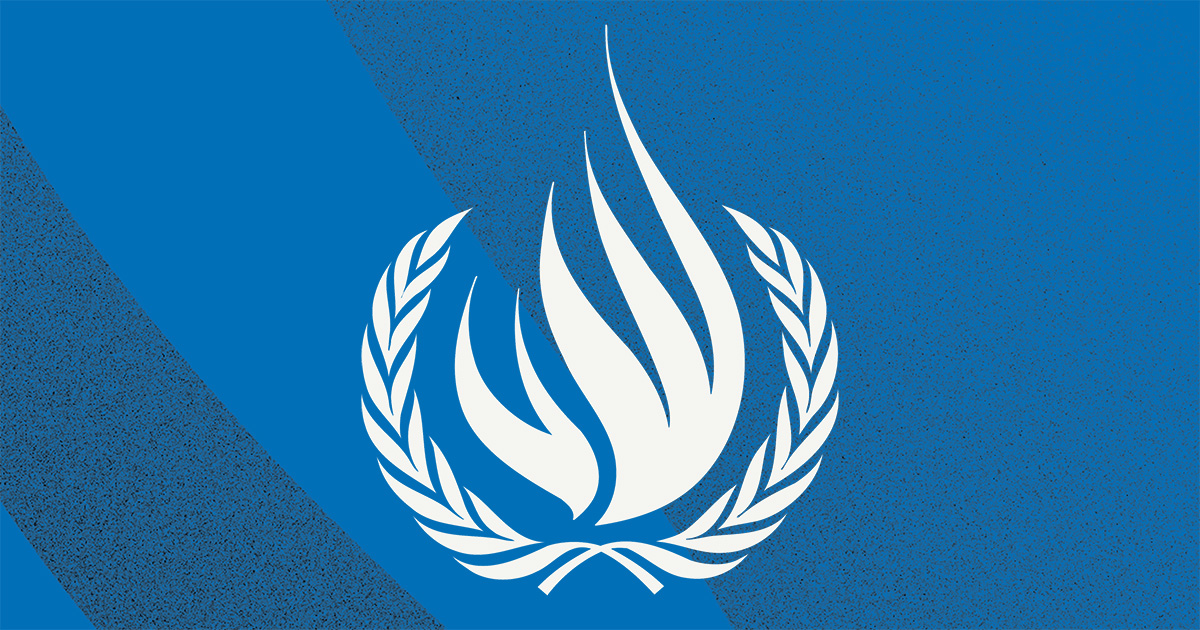
The international criminal court (ICC) has been urged to start investigating and prosecuting individuals who harm the environment.
Academics, lawyers and campaigners from around the world have sent expert opinions to the court outlining what they call its current regime of “impunity” for serious environmental crimes.
The comments were made in response to an invitation by the ICC’s chief prosecutor, Karim Khan, who announced in February that his office was developing a new policy paper on environmental crimes.
Khan said the paper, due to be published by the end of the year, would help promote the “accountability, transparency, and predictability” of his office’s work in this “crucial area”.
It would also include references to the Rome statute, under which the court operates, as well as environmental treaties, rules of customary international law and the decisions of other international and national courts.
The only explicit reference to the environment in the statute is in relation to war crimes, and it criminalises “intentionally launching an attack in the knowledge that such attack will cause … widespread, long-term and severe damage to the natural environment”.
Experts say the treaty could be better used to address environmental destruction during conflict as well as in peacetime.
Contributions to the consultation highlight the many legal developments that have arisen since the Rome statute was established in 2002, such as the growing recognition of the human right to a healthy environment, increasing criminalisation of ecocide and toughening due diligence requirements for corporations.
In a joint comment, lawyers and scientists at the University of London’s Institute of Commonwealth Studies, the Oxford Sustainable Law Programme and the International Nuremberg Principles Academy note that human activities leading to severe environmental harm usually also violate human rights. This, they argue, potentially qualifies as a crime such as genocide, crimes against humanity or war crimes.
The experts say charges could be levelled against politicians, corporate bosses and leaders of organised criminal gangs directly responsible for acts that destroy the environment such as widespread deforestation, chemical spills or oil pollution.
Others who contribute to such activities, or do not do enough to stop them, could also be implicated – examples given include military commanders and the bosses of fossil fuel and mining companies.
Such a tool could also be used to prosecute company directors for climate damage, they argue. “For instance, it is alleged that chief executives overseeing certain fossil fuel companies have systematically encouraged unsustainable practices in extracting fossil fuels, despite being aware for at least the past 50 years of the detrimental impact of resulting greenhouse gas emissions.”
In the US, a radical legal theory in which fossil fuel companies could be tried for homicide for climate-related deaths is gaining interest from experts and public officials.
In its submission to the prosecutor’s office, the World Council of Churches noted that the ICC was established to end impunity for the most serious crimes.
“Addressing the impunity of those propagating deliberate disinformation on global warming is an essential step to stopping the ongoing expansion of fossil fuels, which is threatening humanity and the living planet,” it said.
The human rights barrister Michael Mansfield KC said in a personal submission that, without criminal sanction, “the gradual elimination of our carbon footprint will become a forlorn hope”.
Stop Ecocide International, which campaigns for a change to the ICC’s Rome statute to include the crime of ecocide, said it was encouraged by the consultation but maintained that the treaty as it stood was too weak to address the full range of threats facing nature and climate.
Since it was set up 22 years ago, the ICC has mostly ruled on cases of genocide and war crimes. The UN-backed court, based in The Hague, has long been criticised for its reluctance to investigate big environmental crimes.
When asked if it had ever opened an examination or begun a prosecution with a significant environmental component, the ICC pointed to its 2008 charge of then Sudanese president Omar al-Bashir with genocide.
The case highlighted the connection between genocide and the deliberate destruction of the environment by systematically destroying properties, vegetation, and water sources and repeatedly destroying, polluting or poisoning communal wells or other communal water sources.
Since 2019, the ICC has been sent at least five formal complaints alleging serious crimes taking place in the Brazilian Amazon. Although it began a “preliminary evaluation of jurisdiction” into one of these in late 2020, it has yet to respond to the others.
Nor has the court responded to a coalition of young people in the UK and New Zealand who asked it in 2022 to open an investigation into a multinational oil company.
In its submission to the court, the NGO Climate Counsel said the court’s reluctance to prosecute environmental crimes was a “missed opportunity”, noting that “environmental destruction is very often the driver, context, or consequence of mass crimes committed against civilian populations – crimes that in some cases amount to crimes against humanity”.
The ICC said it did not comment on individual complaints and that it was seeking feedback on its policy paper from a broad range of stakeholders, including affected communities, youth groups, civil society organisations, businesses, experts and international and national authorities.










